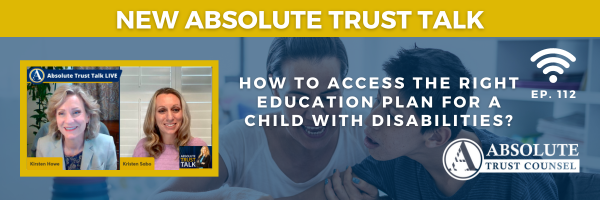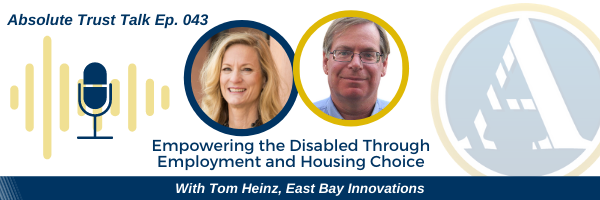






The Veteran’s Administration has two major financial programs for Veterans: Compensation and Pension. VA Compensation is a benefit paid on the basis of the kind and severity of a disability that occurred as a result of active duty military service. VA Pension is a benefit paid on the basis of a disability that was not a result of active service…
The passage of the U.S. Achieving a Better Life Experience Act of 2014 (ABLE) enabled millions of disabled Americans to save money without losing means-based benefits, such as Supplemental Security Income (SSI) and Medi-Cal. Currently, anyone with more than $2,000 in countable assets is ineligible for most means-based programs. Prior to ABLE, it was impossible to save funds for larger…
Disabled California residents may now open savings accounts without jeopardizing means-based benefits, such as Supplemental Security Income (SSI). SSI is a federal income supplement program that is funded by general tax revenues. Under that program, the aged, blind, and disabled with little or no income qualify for cash benefits to pay for housing, food, and clothing. However, to qualify for…

